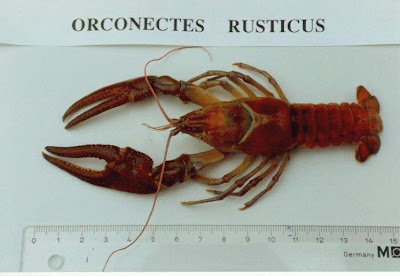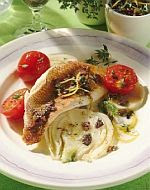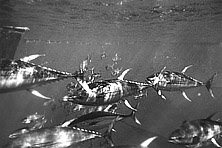Sustainable Seafood After Hours

Wednesday November 12th was the second evening hosted by Wild Edibles to promote sustainable seafood. Sustainable After Hours is an opportunity for concerned New York Chefs to have questions answered by experts and producers of seafood. The special guests for the night included Kate McLaughlin Seafood Program Director from the Blue Ocean Institute, Jim Michaels Program Manager Mote Sturgeon Research Project, and Karen Rivera Founding Member Noank Aquaculture Cooperative. All the guests made brief speeches followed by personal conversations with some of the cities best chefs. I personally cannot help but think the impact that these small gatherings will have on the choices we all make when procuring the fruits of our fragile oceans. For those of you who attended, thanks for coming and having the conversation. I encourage anyone in the industry to continue the conversation and to reach out to your suppliers, and friends. Chef Paul Jambor of Wild Edibles Oyster Bar with the always tasty ...





















